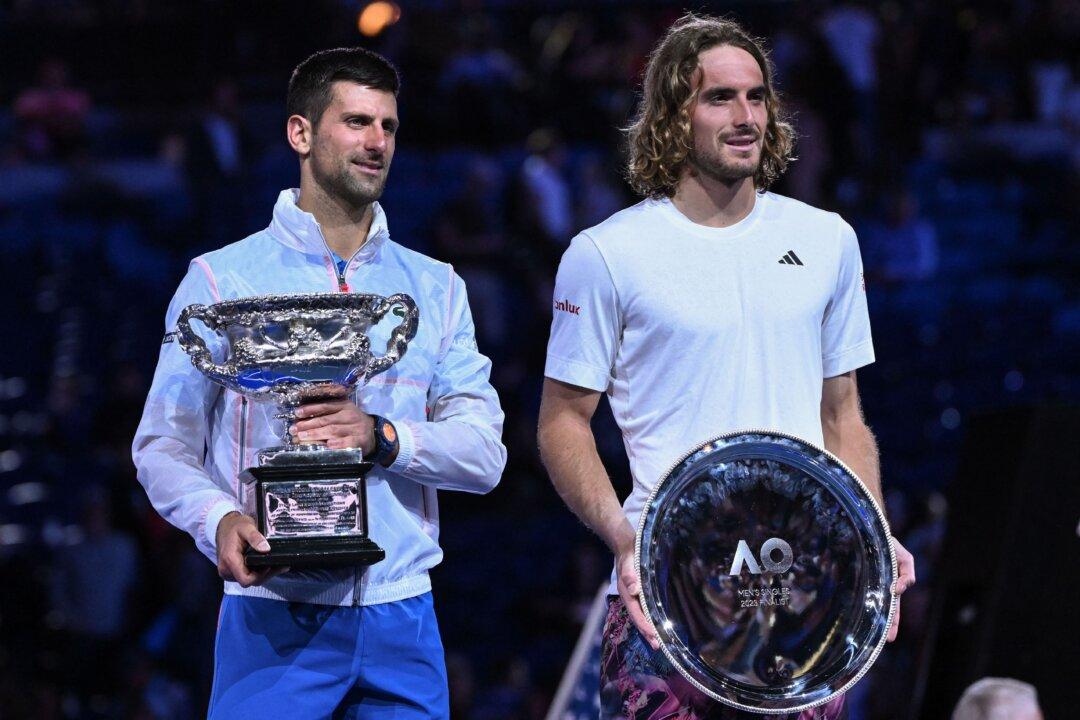Commentary
The Australian Tennis Open 2023 is now already part of history. It resulted, not surprisingly, in a resounding victory for Novak Djokovic.

The Australian Tennis Open 2023 is now already part of history. It resulted, not surprisingly, in a resounding victory for Novak Djokovic.